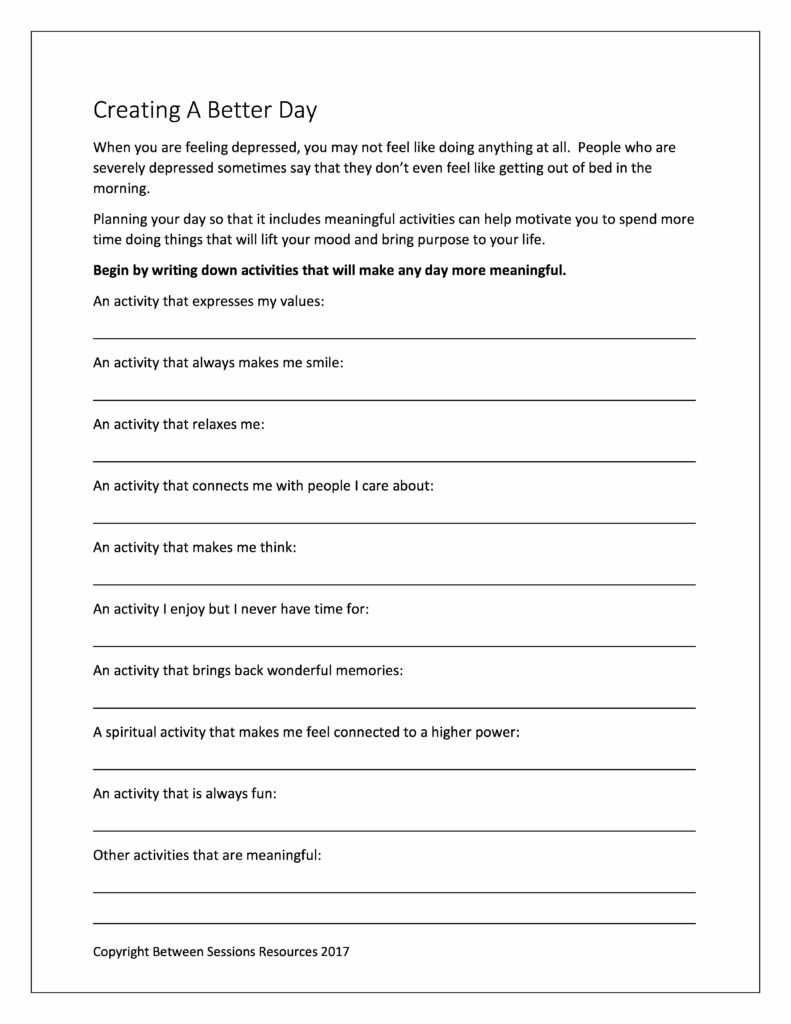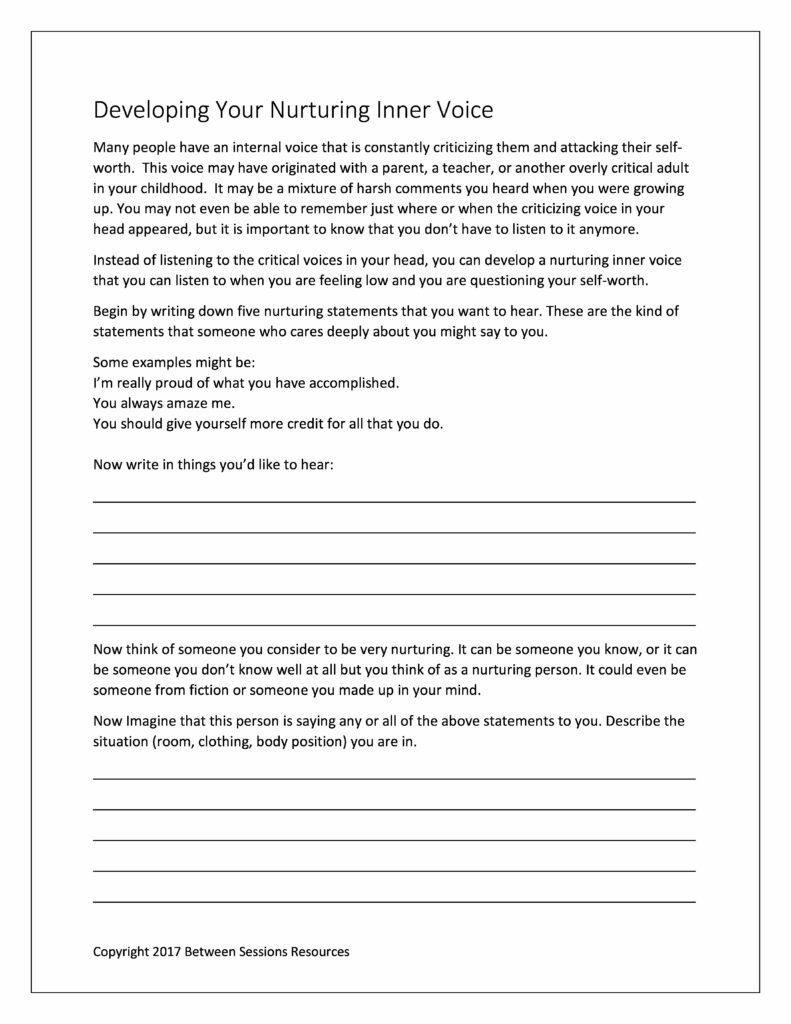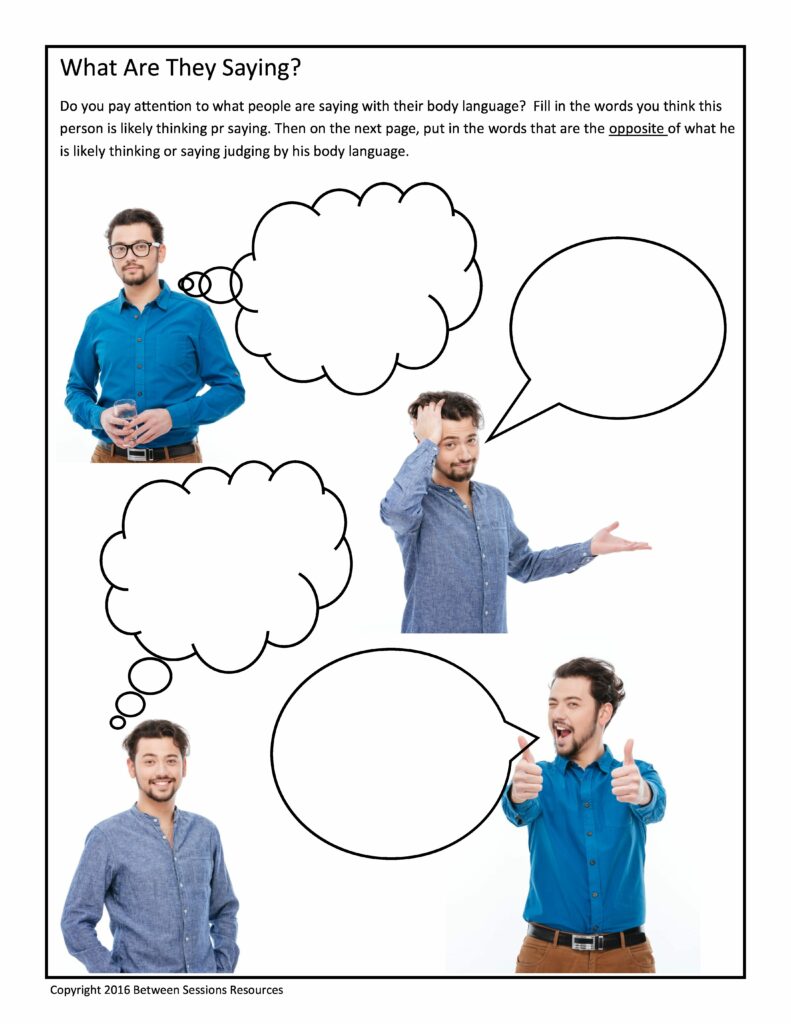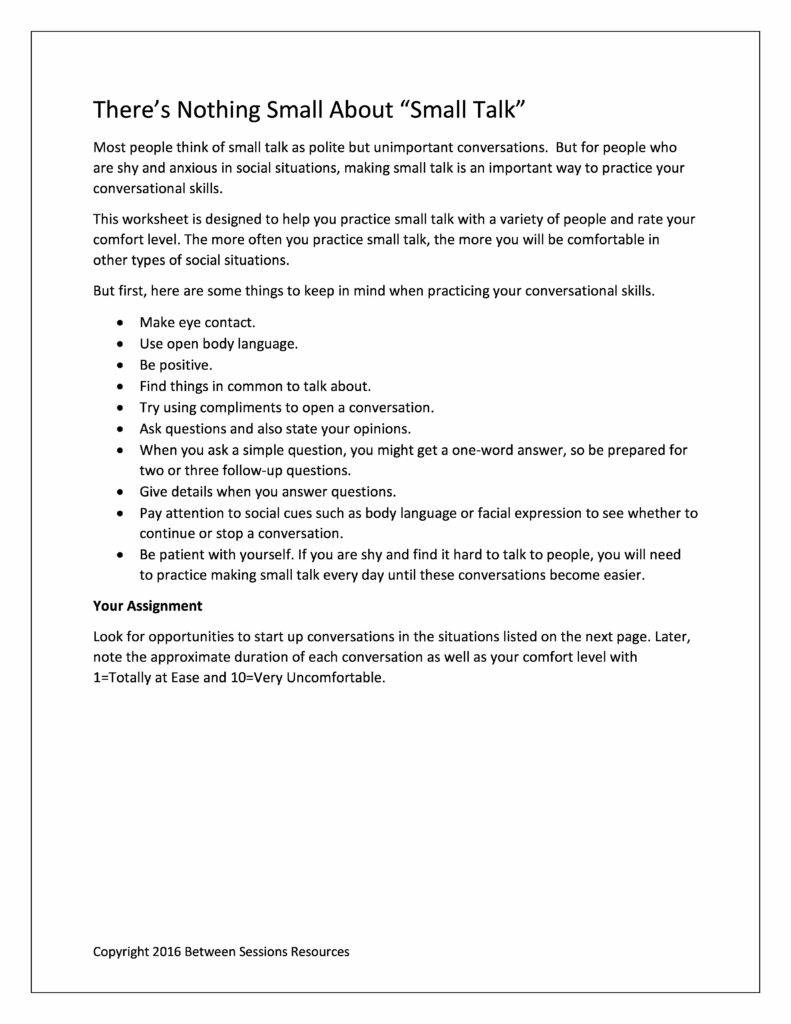Our coaching forms cover a wide variety of issues in the areas of self-growth, life skills, and wellness.
To modify the tools, click the ‘Send to Client’ button by each tool to open our Psychology Forms Filler. You can edit the tool as you see fit and then either print it out or send it to a client to be filled out online. Click here for a tutorial on using the Psychology Forms Filler.
Use the navigation links on the left of this page to view tools in a specific category. Or use the search function at the top of this page to find the exact tool you are looking for.
If you can’t find what you are looking for on this site, please let us know by
clicking here and our team of writers, graphic artists, and therapists will custom-design it for you.
This worksheet is designed to help depressed people become more active by identifying and scheduling various meaningful activities they enjoy doing. (depression, CBT, wellness, 0217)
This worksheet is designed to help people develop a more positive attitude towards themselves and others by having them focus on three things that went right each day and what they did to make these things a positive experience. (depression, happiness, positive thinking, CBT, 0217)
This worksheet is designed to help people replace a critical inner voice with a more nurturing one. It asks the user to imagine a caring person in his or her life and internalize what this person is saying along with the feelings these statements engender. (PTSD, depression, CBT, 0117)
This worksheet describes six active listening techniques that couples can use to resolve conflicts.
This form is to designed to help people think about the most important things they desire from a partner or spouse. The assessment can be done by both people in a couple and then shared following the rules of active listening. (marriage, relationships, couples, 0117).
This worksheet is designed to help individuals with chronic pain spend the appropriate amount of time on an activity and the appropriate amount of time resting. It encourages people to break down tasks into time intervals rather than trying to work-through their pain. (0116)
This worksheet is designed to help individuals practice exposure therapy including identifying irrational thinking, letting go of safety crutches, and tolerating uncomfortable physical sensations. (0117, anxiety disorders, panic disorders, fears and phobias)
This worksheet is intended to help people with chronic pain learn the technique of Mindful Acceptance. The worksheet uses the metaphor of a train passing by to help people learn to mentally detach from their pain (0117, pain control)
This worksheet asks people to imagine what a person is thinking or saying by simply looking at his body language. (social skills, Asperger Syndrome, social anxiety, 1216)
This worksheet is designed to help people with social anxiety practice simple conversational skills. The worksheet gives tips on how to handle social conversations and assignments to practice spontaneous conversations. (shyness, social anxiety, Asperger Syndrome, 2016)










